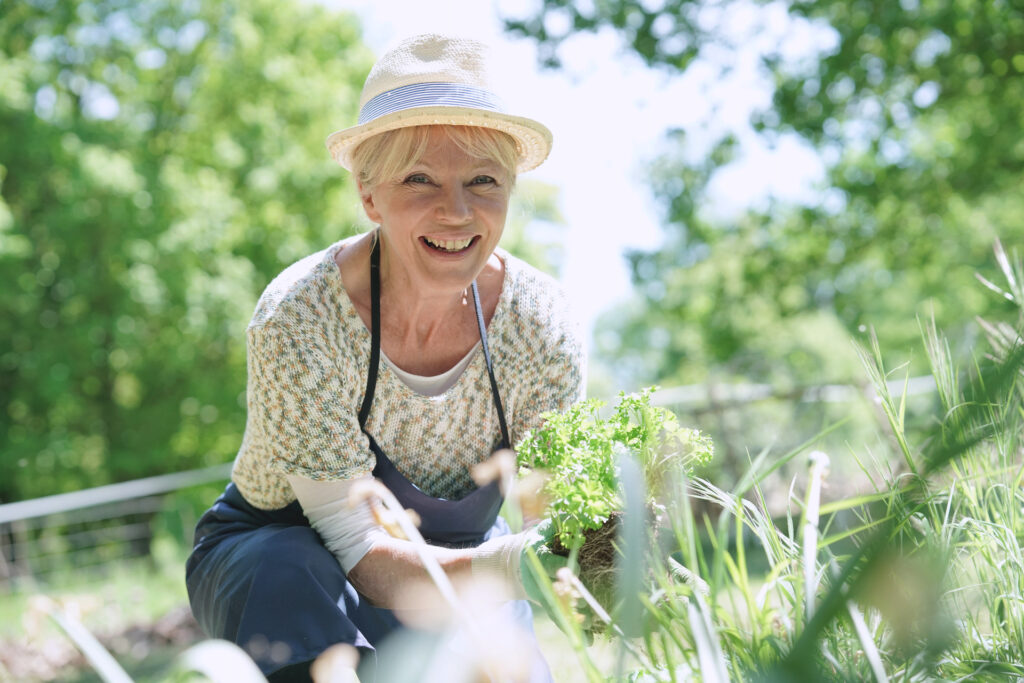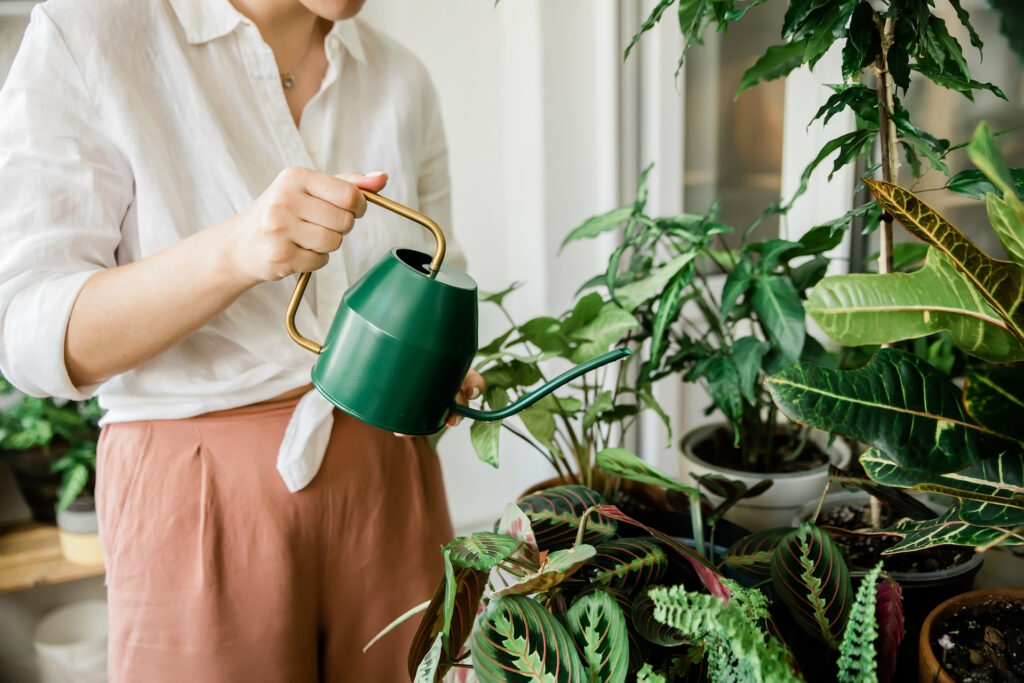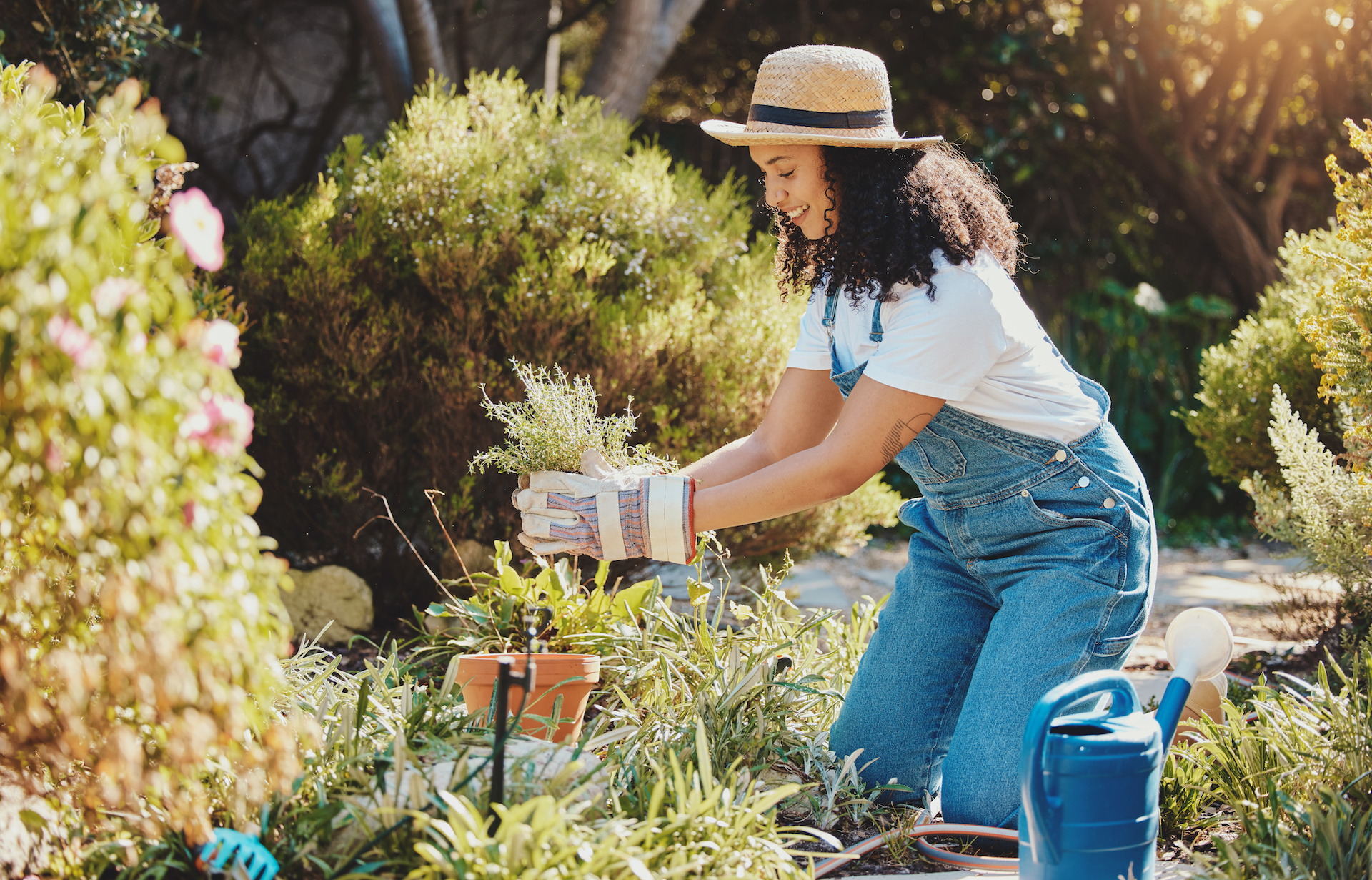Nature has a remarkable ability to heal, and one of the simplest and most powerful ways to harness that healing power is through gardening. Whether it’s a few potted plants on a balcony, a full backyard garden, or part of a therapeutic program, tending to plants can provide comfort, structure, and personal growth.
How Gardening Supports Recovery
When we garden, we practice both patience and mindfulness—both of which are essential recovery skills that can help us manage the ups and downs of post-treatment life. And just as plants take time to grow, recovery is a gradual process that requires consistency and care.
Gardening can offer a sense of both purpose and connection to ourselves, nature, and others. Indeed, it can be a productive activity that stimulates both the body and mind, helping individuals establish new routines and develop positive coping mechanisms.

By simply getting our hands in the soil, grounding in the earth, and focusing on something outside ourselves, we can get a break from stress, anxiety, and negative thoughts.
What’s more, research also shows that being in nature lowers cortisol levels, reduces stress, increases serotonin, and helps regulate mood.
Getting Started with Gardening at Home
Not everybody has easy access to a garden plot, but we can work around that!
You don’t need a lot of space or even experience to start gardening at home. A small herb garden in your kitchen or a few flowers in pots on your balcony may be more than enough to start. Choosing plants that are easy to care for, such as basil, mint, or succulents, can also be a good way to keep from being overwhelmed.
Most importantly, gardening should be an enjoyable experience, not a source of stress. Start with what feels right for you. If you have a yard, consider planting a small vegetable patch. If space is limited, try container gardening or hanging planters. Even tending to a single houseplant can provide a sense of connection and responsibility.

What is Therapeutic Gardening?
Therapeutic gardening, also known as horticultural therapy, is a therapist-supported practice that involves engaging with plants to support emotional, mental, and physical well-being.
Therapeutic gardening programs take the benefits of gardening one step further by making use of therapists’ expertise to help individuals connect with nature in a healing way. Participants engage in guided gardening tasks such as planting and harvesting, often with a focus on mindfulness—tuning into the sensory experience of soil, plants, and fresh air. These programs are commonly found in hospitals, rehabilitation centers, and community organizations, but can also be adapted for home use.
The Power Of Growth
Like recovery, a garden flourishes with care and attention. Gardening, whether indoors or outdoors, offers a simple yet powerful way to support healing by fostering mindfulness, reducing stress, and creating a sense of accomplishment.
Even small efforts, such as watering a plant, tending to herbs, or taking in the fresh air, can bring moments of peace and reflection. By nurturing plants, you nurture yourself, making gardening a meaningful tool for growth, balance, and overall well-being.
Looking For Support?
Georgia Strait Women’s Clinic is an accredited facility that provides 24-hour medical care and certified professionals to help with anxiety, depression, trauma, stress, and substance use. Services range from medical withdrawal to family and aftercare support. If you or someone you know is struggling with mental health and/or addiction, get in touch with us today to discuss your options.




